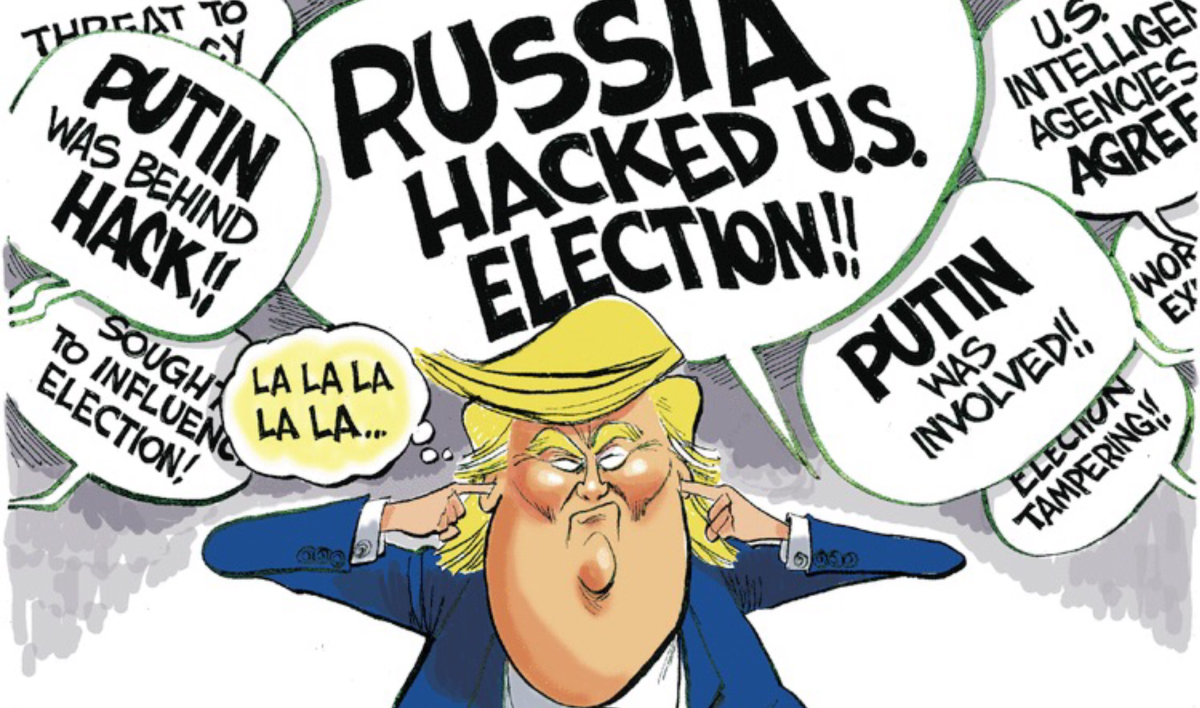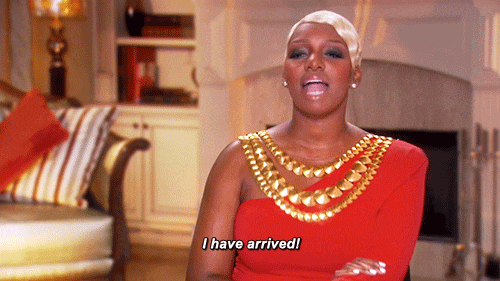The Problems
- How much have foreign governments influenced past campaigns via social media?
- Which demographics are these influences affecting more?
- How many people are aware that not only foreign influence is happening, but that it could be—and probably is—1st happening to them?
The Issue
With the growing reality that foreign governments utilized social media to influence the outcome of the 2016 United States Presidential Election, it is clear that we have a real problem here…a few problems actually.
The video below is an unconventional, yet surprisingly informational video regarding fake accounts and how they can be used to influence users.
The Ethical Dilemma
A quote from the New York Times, regarding a 2012 U.S. Supreme Court decision to uphold the ban of donations from foreign nationals to local, state or federal elections in the United States, states:
“Foreign nationals, other than lawful permanent residents, are completely banned from donating to candidates or parties, or making independent expenditures in federal, state or local elections.”
The law on this matter is pretty clear. However, it then comes to another question: Where exactly do borders lie when it comes to the World Wide Web?
Let’s say I have a family member who live in Russia, and they buy an ad on Facebook promoting something political in regards to our election; now there very well could be a way for their ads to be seen only by or including all of their friends—which would include me.
Should Facebook be able to regulate and hide my family member’s ad from me, just because it is political? Should the Unites States government be able to compel Facebook to hide my family members ads from me, just because it is political?
I know I’m stretching right now with this examples and this is in no way how foreign governments handled this in the past, however I’m merely making a point that there is significant gray space and margin for error when it comes to handling cases like this.
Without proper guidelines or parameters when it comes to the reality of the internets and daily use, how can we properly regaulate any aspect of online social media when it comes to laws of the physical world?
Regulation
When thinking of the basic issue, which is how this happened or how a company like Facebook didn’t notice these transactions. We must look towards Facebook itself and their policies in order to understand what they’re doing, or could be doing better in order to prevent this from happening in the future.
I should mention however, The FEC (Federal Elections Commission), hasn’t updated its policy regarding online communications in elections since 2006, which as we know in the tech world is ancient. So Facebook isn’t entirely to blame when it comes to these issues.
However, Facebook is at least partly to blame. Although there is some gray area due to the rise of social media and the internet’s involvement with campaigning, as stated in the previous section the general law is pretty straightforward.
Was Facebook more aware of these issues than they led us to believe? Did Facebook executives allow this to happen in order to get more revenue?
Looking Ahead
I think what’s most important is having everyone at the same table, to hold the conversations about issues such as this one.
If we have a bunch of old school politicians running the FEC who know little to nothing about the inner workings of the internet and/or social media, how can we expect that government agency to be in line with the ever advancing status quo of the tech industry?
Further lets get diligent compliance officers at companies such as Facebook, Twitter or Google and make sure all of these companies are following the rules, even the broad ones, to their best extent.
Also I think its important that there be solid lines of communications on all fronts, and heightened transparency when it comes to foreign and governmental relations. Facebook, Twitter and Google alike have positioned themselves as front runners of the information technology age; with that position comes great responsibility. We must hold accountable all parties involved when it comes to the standards we have as American citizens and our duty to uphold the democratic process.
With the 2018 primaries coming up, which could very well be a pivotal moment for democrats; it is important that we focus on these issues and reach some sort of progress by the time elections come around.
Do you have any ways you think Facebook or other companies should be regulating? Do you think it should fall on them or organizations like the FEC? Further, do you think the user is just a much responsible as the content creator when it comes to verifying sources and determining validity?




![Digital [not new] Media](https://vincenzosissueswithdigitalmedia.files.wordpress.com/2017/09/22-ideas.jpg?w=1200)

